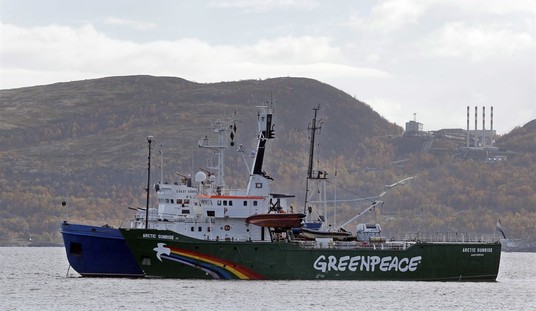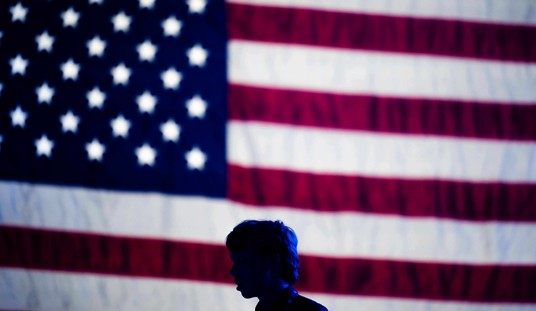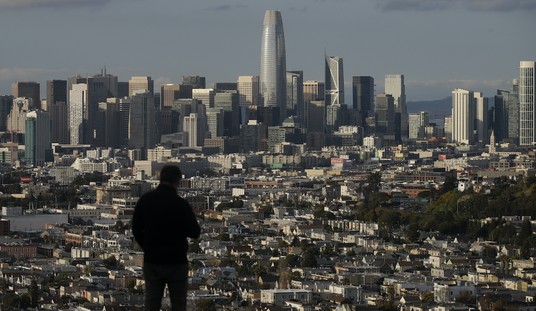The positive spin on this story is that Iran is prepared to accept some limits on its nuclear program. The negative spin is that they’ve said that before, and it’s gone nowhere:
Iran has formally agreed to a new round of nuclear talks with the United States and five other world powers, European Union officials confirmed Tuesday, setting the stage for a critical effort to stave off a military confrontation in the Persian Gulf.
E.U. and Iranian officials signed off on a Feb. 26 meeting in the former Kazakh capital of Almaty, ending months of haggling over where and when negotiations would take place. Iran agreed in principle to new talks two months ago, but diplomatic progress appeared to falter amid a fierce internal debate among Iranian leaders over whether to accept limits on the country’s nuclear program.
What’s changed recently? The Washington Post notes that the Iranian economy has melted down, for one:
Since June, when Iranian officials last sat down with diplomats from the so-called P5+1 powers — the United States, Britain, China, France, Russia and Germany — Iran’s economy has been battered by U.S. and European economic sanctions, including an oil embargo that has wiped out half of Iran’s oil exports. Iran’s currency, the rial, tumbled to a record low against the dollar earlier this week.
That could produce a grassroots revolution that would see the mullahs up against the wall. Even the Revolutionary Guard might prove less than loyal in a total economic collapse, although its leaders have at least as much to fear from an uprising after the 2009 crackdown on the Green Revolution.
That may be why Iranian media has suddenly softened on the US, too:
Tehran also has been abuzz with rumors about back-channel talks with the Obama administration, and some Iranian officials have appeared to embrace the idea of bilateral negotiations with the world power still officially regarded by regime hard-liners as the “Great Satan.” Neither government has confirmed that such contacts have occurred.
Mahmoud Ahmadinejad might be fearful of gains made by his political rivals, too:
In a year when Iran will elect a new president and could face make-or-break decisions about its nuclear program, the country’s most prominent political family appears poised to extend its influence, strengthening the rule of hard-line clerics as they struggle with other power centers.
Larijani brothers now sit atop two of Iran’s three branches of government, the parliament and the judiciary, positions they have used to attempt to foil populist President Mahmoud Ahmadinejad. Speculation is rife that the best known of the five Larijani brothers, parliament speaker Ali Larijani, will make a second bid for the presidency when Ahmadinejad completes his final term in June.
But don’t break out the bubbly, either:
The Larijani ties to the supreme leader, Iran’s ultimate decision-maker, mean Ali Larijani would probably be more empowered than Ahmadinejad to make a deal with Washington. But his worldliness does not mean he is more Western, analysts say — although he is less bombastic than Ahmadinejad, he and his brothers are also viewed as even stauncher ideologues.
So should we be optimistic or pessimistic? Based on the divide-and-delay diplomatic tactics of Iran with the P-5+1 group (and its limited success), I know which way I’m betting.








Join the conversation as a VIP Member